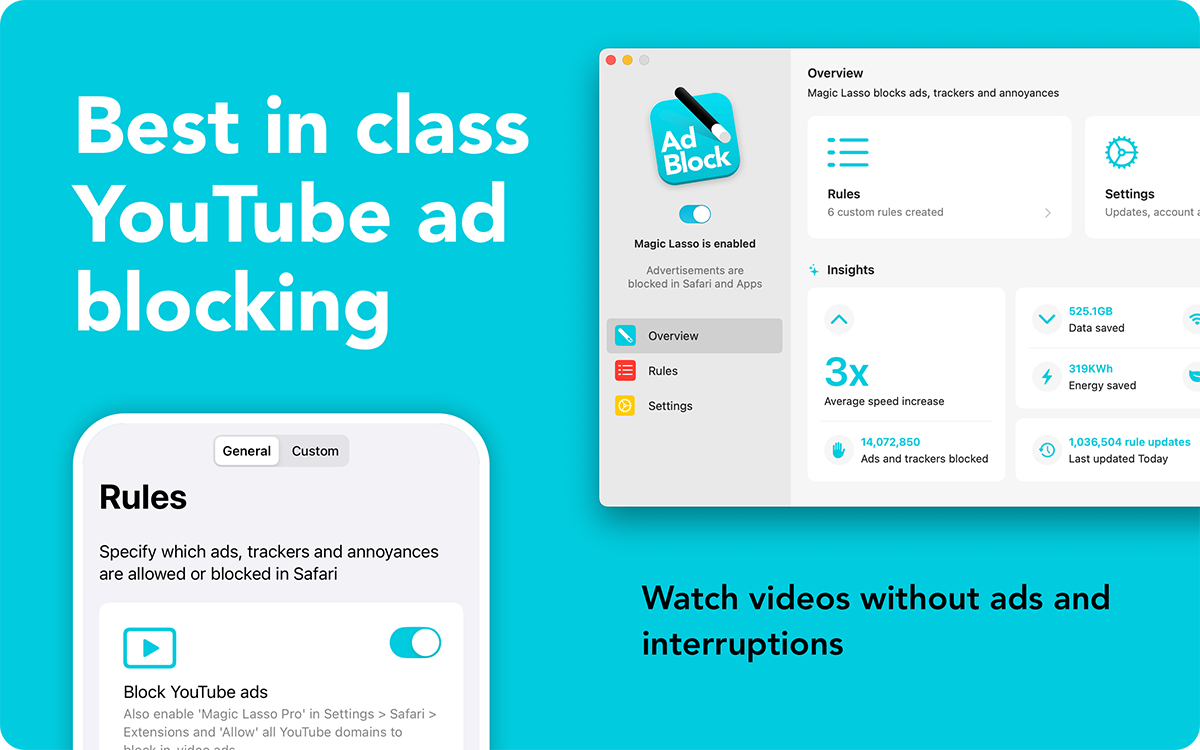Software Quality Postscript and Clarification ⇥ morrick.me
I have a document open in BBEdit right now named “2025-06-22 – MacOS SaaS.markdown”. I started drafting this thing last year about how Apple has transitioned its operating systems to something closer to a software-as-a-service model. I was trying to describe how the difference between major versions has become generally more modest since many features are rolled out across the year, and how — particularly on Apple’s non-Mac platforms — updates are more-or-less forced since the company stops digitally certifying older versions.
It is not a perfect comparison and not quite a fully-developed idea — note the difference between the filename and the last sentence above — but I thought it was going somewhere. Of course, you had no idea about this because I never published, which is why it must have seemed strange when I dropped a reference to software-as-a-service in the middle of my piece about software quality:
There was a time when remaining on an older major version of an operating system or some piece of software meant you traded the excitement of new features for the predictability of stability. That trade-off no longer exists; software-as-a-service means an older version is just old, not necessarily more reliable.
Riccardo Mori was understandably confused by this:
[…] I very much enjoy using older Mac OS versions, but not being able to browse the Web properly and securely, not being able to correctly sign in to check a Gmail account, not being able to fetch some RSS feeds because you can’t authenticate securely or establish a secure connection is very frustrating. Not having Dropbox work on my 2009 MacBook Pro running OS X 10.11 El Capitan is a minor annoyance and means I just won’t have access to certain personal files and that I’ll have to sync manually whatever I do on this other machine.
But if I put these two factors aside, there’s nothing about those older Macs, nothing about the older Mac OS versions they run that makes them less reliable. […]
What Mori explains as this paragraph continues is what I had meant to write at the time. What I should have written was this (emphasis mine):
There was a time when remaining on an older major version of an operating system or some piece of software meant you traded the excitement of new features for the predictability of stability. That trade-off no longer exists; an operating system on a software-as-a-service treadmill means an older version is just old, not necessarily more reliable.
The cycle of having a major new version ready to preview by June and shipping in September means the amount of time Apple spends focusing on the current version must necessarily shrink. How many teams at the company do you suppose are, right now, working on MacOS 26 when WWDC is a little over three months away? Engineering efforts are undoubtably beginning to prioritize MacOS 27. There are new features to prepare, after all.
So, yes, what Mori writes is what I was trying to express. I wish I had given that sentence a little more thought. Do read Mori’s piece — the second part, “On Software Frugality”, is thought-provoking.

